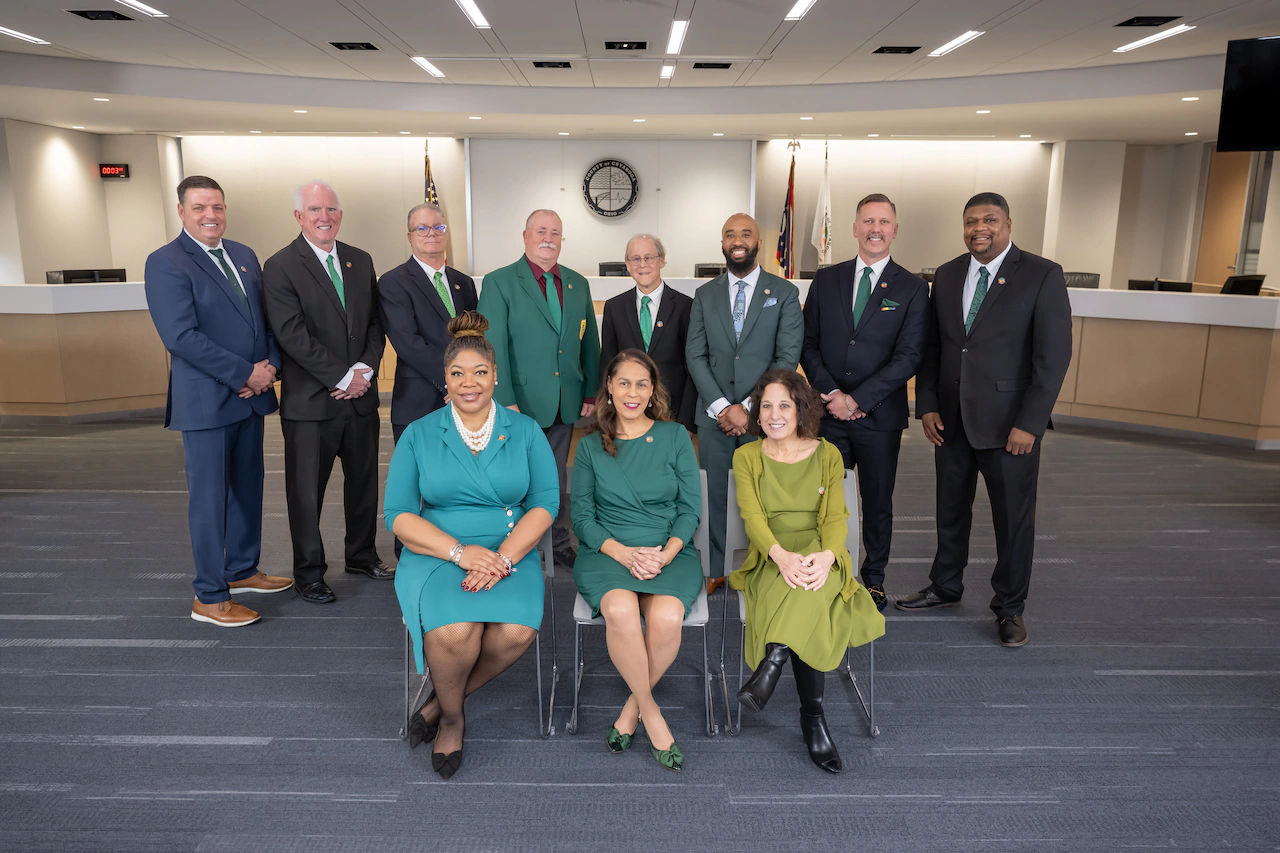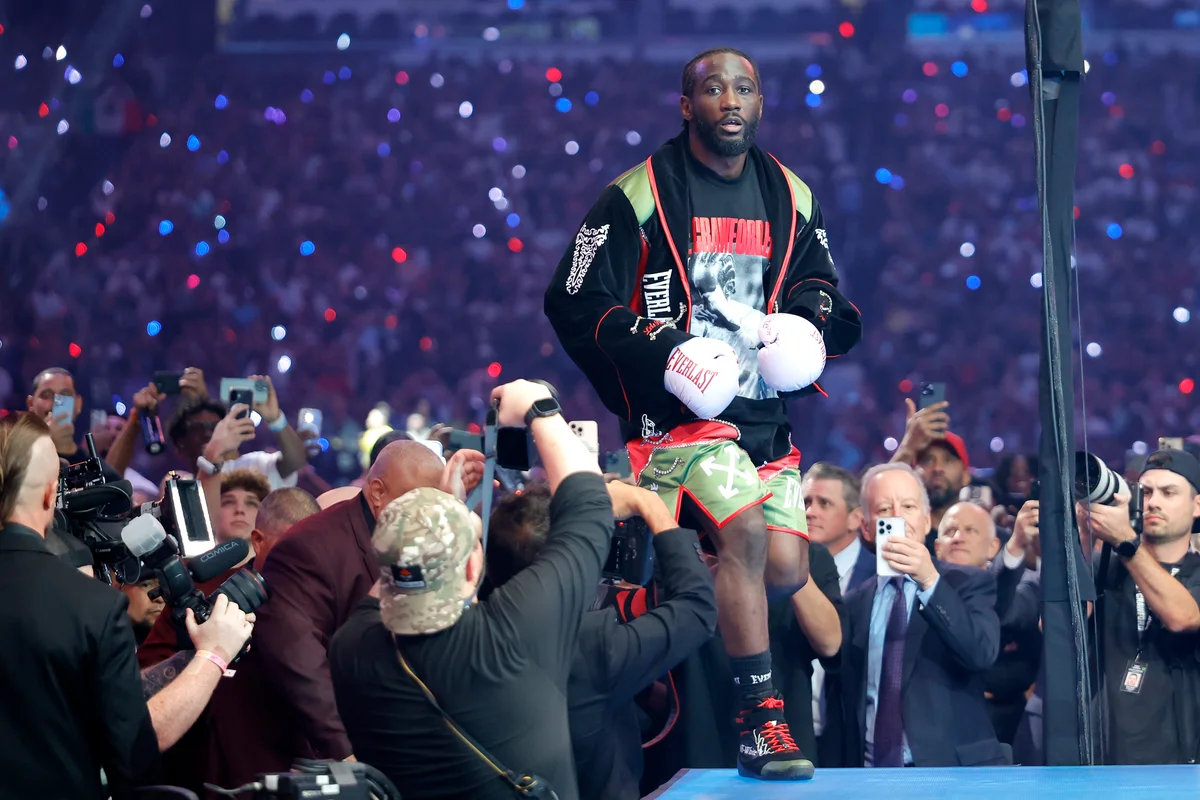
CLEVELAND, Ohio – Three members of Cuyahoga County Council walked out of Tuesday’s meeting, rather than join a moment of silence for conservative media personality Charlie Kirk, who was killed earlier this month in Utah. Their protest turned the council’s usually routine opening ceremony into a political flashpoint.
Council President Dale Miller called for the moment of silence following the Pledge of Allegiance, to honor Kirk and other recent victims of political violence.
“This is a sad day,” Miller began. “Just three months ago, we had a moment of silence here for Minnesota state legislators Melissa Hortman and John Hoffman — one killed, one seriously injured. Today, we hold silence for them again, and for media personality Charlie Kirk, murdered last week (sic) in Utah.”
He finished with this: “We send positive thoughts for an end to all political violence.”
The moment came as a shock to some of his colleagues, who said they were not aware of his planned remarks on behalf of the entire body. While Miller starts each meeting with a silent reflection, only Council Vice President Yvonne Conwell had advanced notice about the content and immediately pushed back.
“I do not condone acts of violence of any kind,” Conwell said. “But I will not be able to do a moment of silence for someone who actively communicated racist remarks against African Americans.”
Conwell, who is Black, said she co-sponsored the county’s declaration of racism as a public health crisis in 2020 and felt that honoring Kirk would run counter to her principles. She then walked out of the chamber, drawing applause from many in the audience.
Council members Meredith Turner and Pernel Jones Jr., both of whom are also Black, silently followed her as the remaining seven members stayed in their seats. The moment of silence only lasted as long as it took for the members to leave. Then Miller resumed regular business and the members returned.
Jones later told cleveland.com and The Plain Dealer that his decision to leave was a gut reaction after being surprised by the announcement. He said Kirk has spoken disparagingly about former First Lady Michelle Obama and other Black figures, and he didn’t want to validate those beliefs.
“My initial response was I don’t want to share in this moment,” Jones said. “He was a human being worthy of love like any one of us, but that aspect of his life, I couldn’t, as an African American, sit back and not respond.”
Cleveland.com reached out to Turner for comment.
Miller later told cleveland.com that he regrets not giving his colleagues a heads up about the announcement and said he respects how they handled it. However, he continued to defend his decision, saying he abhors all political violence, whether he agrees with the person’s ideology or not.
“It’s just a matter of being consistent,” Miller explained. “For democracy to work in our country, we have to respect each other’s differences of beliefs and avoid violence.”
The local controversy reflects a broader national debate about how — and whether — institutions should acknowledge polarizing public figures, like Kirk, a right-wing activist and co-founder of Turning Point USA, criticized for incendiary and denigrating beliefs about Black people, women, immigrants, LGBTQ+ people, Muslims, Haitians and other groups.
Moments of silence, once seen as unifying gestures, have become flashpoints in cultural and political battles.
In sports, the National Football League’s efforts to honor victims of racial violence and police killings sparked years of protest, including players kneeling during the national anthem. The league stirred new controversy last week by calling for a moment of silent reflection for Kirk — a move many teams, including the Cleveland Browns, followed.
State legislatures have also wrestled with whether to honor deceased lawmakers accused of racism or misconduct, with some members walking out rather than participate. Even in schools, administrators have faced backlash over moments of silence tied to politically charged events such as 9/11 anniversaries, gun violence, or international conflicts.
Supporters often frame such gestures as universal acts of respect for human life. Opponents argue that silence can carry implicit endorsement, especially when the individual being honored promoted views many see as harmful.



